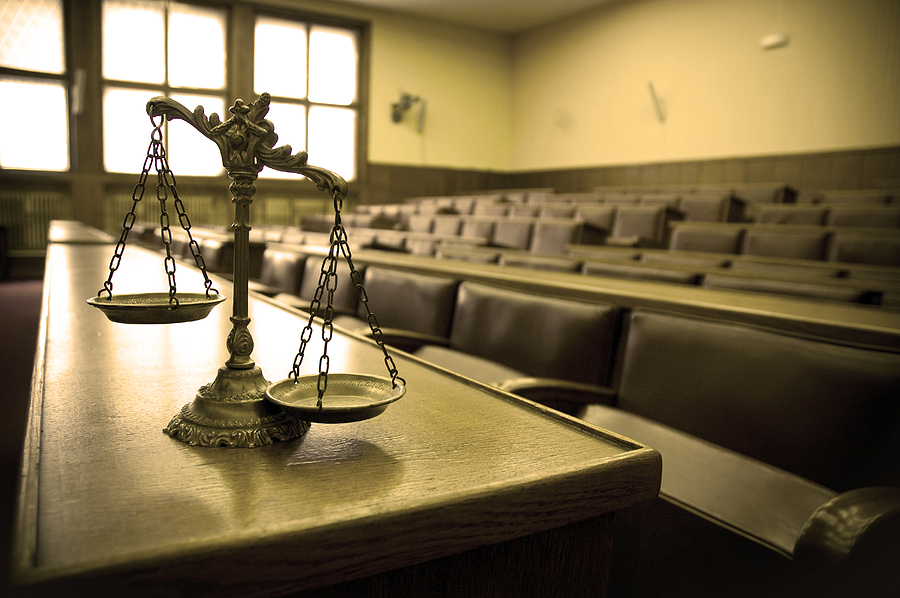Law & Crime Report: A Battle over a 3rd Degree Murder Charge in Floyd’s Death
March 9, 2021
In what Bob Bianchi describes as the trial of the century, this episode takes a deep dive into the latest developments on the trial of Derek Chauvin, former police officer charged with killing George Floyd. The most pressing issue at hand is whether the 3rd-degree murder charge against Chauvin will stand. Originally, the trial judge on the case ruled that the 3rd-degree murder charge was inadmissible. However, an appellate court remanded the decision back to the trial court to hear more evidence.
This controversy surrounding whether a jury will hear arguments over the 3rd-degree murder charge has caused a lot of tension and even delay as jury selection has now been put off from its originally scheduled slot of March 29. While the trial court weighs its decision against the appellate court, prosecution and defense now argue over which parts of the trial can continue and which cannot. The defense has determined that it will file a petition to the Minnesota supreme court for their right to know exactly what charges they’ll be defending.
Jury selection is expected to be a long and arduous process for this trial. A multi-page questionnaire has been sent to community members with a lengthy list of questions to help narrow the field of potential jurors. These questions include personal feelings about police officers, Black Lives Matter, and social media use.
Bob’s first guest is Lara Yeretsian who helps analyze the two sides of the arguments and the angles that each side may take. Yeretsian also discusses issues like jurors with agendas who are deceptive in order to get onto high-profile juries like this one. It can be difficult to weed out people who are willing to lie in order to be selected for a jury.
Alan Tuerkheimer joins the panel to hash out more details regarding the appellate decision on the 3rd-degree murder charge as well as jury selection. The most nuanced factor is whether 3rd-degree murder must include a potential harm to multiple people or an individual. This is something the state supreme court may have to create a final decision on.
Additionally, Angenette Levy is on the ground in Minnesota interviewing people who are present and paying attention to the outcome. Brian Buckmire helps us understand things like jury selection and witness lists for the trial.
There’s no doubt that this case will be finding its way into history books and law school textbooks. For now, all we can do is watch with bated breath as decisions are made, arguments are articulated, and, eventually, conviction or acquittal occurs.











